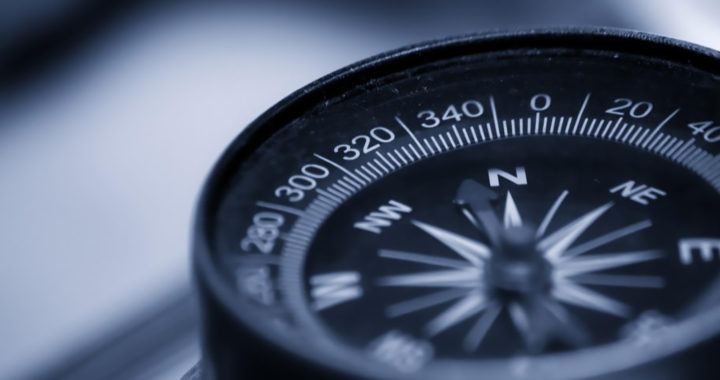The government has an inherent responsibility of promoting and protecting the welfare of its citizen by providing leadership and direction. Part of this responsibility is to oversee the economy. However, it is also important to note that the role of the government in the economy depends on the particular economic system it upholds.
For example, in planned economies, especially in centrally planned economies and command economies the government has a central role in determining production goals and assigning resources to state-controlled enterprises. On the other hand, in market economies, it does not have a central authority but is still responsible for ensuring economic growth through limited intervention.
The laissez-faire economic theory and political ideology is the basis of another economic system that opposes government intervention or interferences in economic affairs. It fundamentally limits the role of the government in upholding law and order to create an environment that will allow business organizations to thrive and maximize their profitability.
Market economies are dominant today. A few countries have an economic system based on a planned economic system. Nevertheless, this article identifies and briefly defines the role of the government in the economy, especially taking into consideration its major economic functions in both planned economies and market economies.
Major Functions of the Government in a Planned Economy
Remember that a planned economy is characterized by a government having a central authority over the direction of its economy. This economic system has two major types: centralized-planned economy and decentralized-planned economy. The Soviet-type economy is a subtype of a centralized-planned economic system. Nevertheless, regardless of the type, the government has absolute authority with defined roles and responsibilities.
Take note of the following:
• Economic Planning: The government draws an economic-wide plan and uses it as a basis for directing investment, production, and the allocation of capital goods.
• Means of Production: It also decides who owns and controls the means of production. Specifically, it establishes and runs industries and sectors, as well as the corresponding state-owned firms or institutions.
• Production and Pricing The government also produces and prices goods and services that it thinks will benefit the people.
• Resource Allocation: It also allocates resources based on the objectives and considerations identified in its economic-wide plan, as well as on the predetermine goods and services it intends to produce.
• Employment: The government also controls the labor force by determining occupations, providing employment, and maximizing labor production.
Major Functions of the Government in a Market Economy
The role of the government in a market economy is in contrast with governments in planned economies. Note that this economic system depends on the price signals created by the forces of supply and demand to guide decisions regarding investment, production, distribution, and resource allocation. The government does not have a central authority but has a major role in providing relevant regulations and some form of interventions.
Take note of the following:
• Regulations: The primary role of the government in a market economy is to create and maintain the legal and social framework needed to make the environment conducive for business activities and economic growth.
• Oversee Competition: It also maintains competition through laws that bar anti-competitive practices and promote the interest of the consumers.
• General Oversight: The government also uses fiscal policy and monetary policy depending on the stage of the business cycle. For example, during a recession, it implements expansionary policies such as tax cuts and interest hikes.
• Income Redistribution: Most market economies also redistribute income collected from income taxation through public goods and services.
• Correcting Externalities: The government also corrects externalities arising from the drawbacks of certain activities. Examples include environmental taxes to disincentivize firms with a substantial ecological footprint.
• Economic Planning: It also draws plans that involve using generated revenues for projects and programs intended to promote or sustain economic growth.





